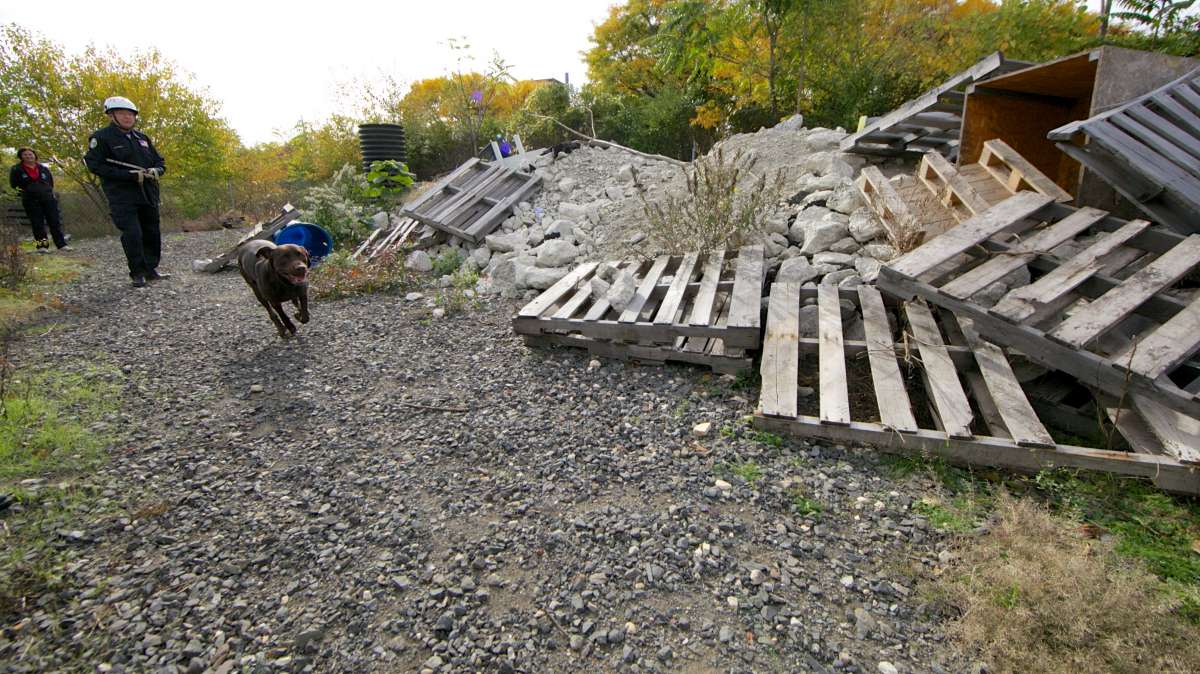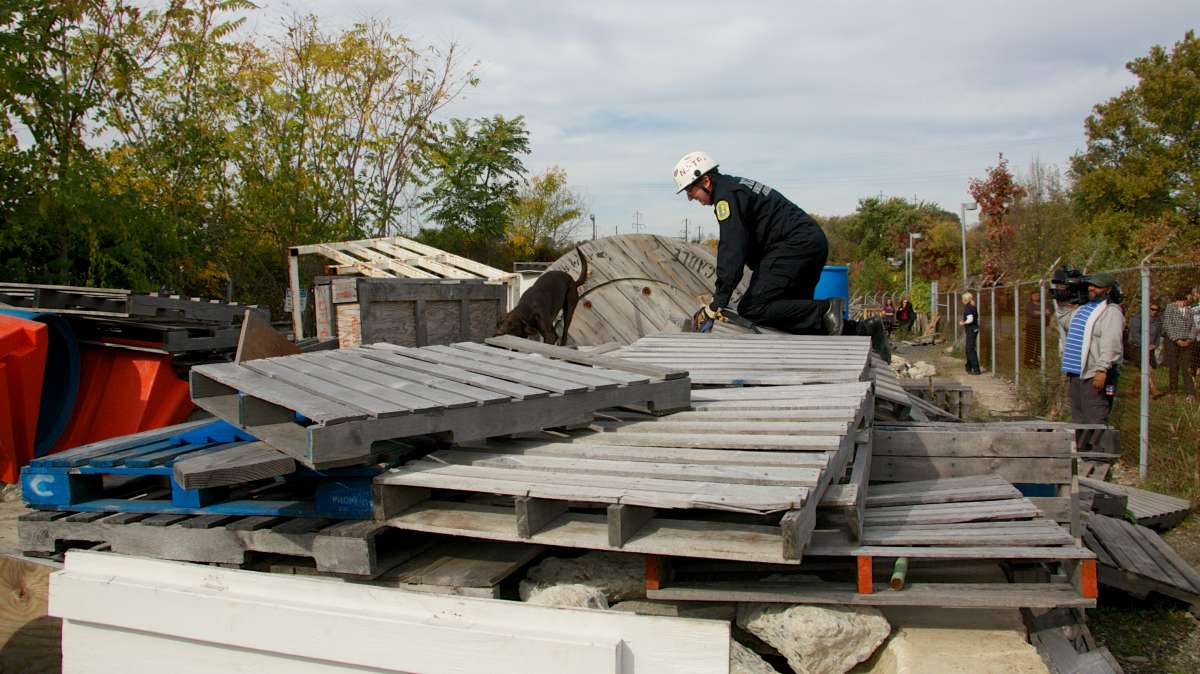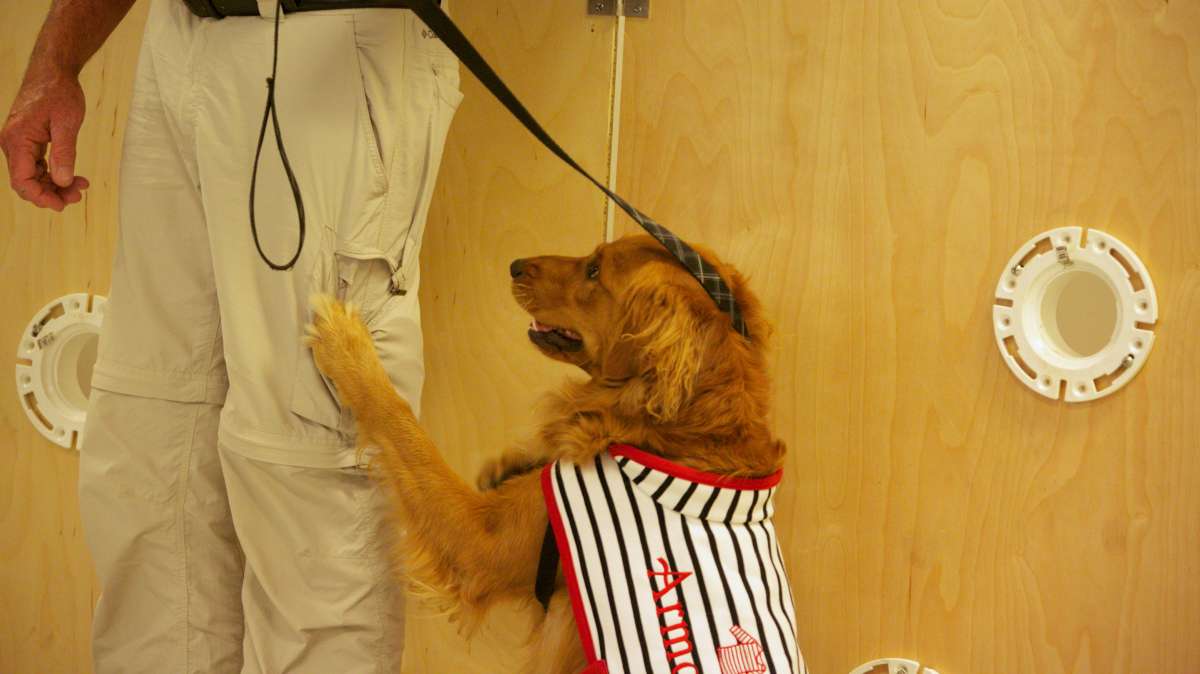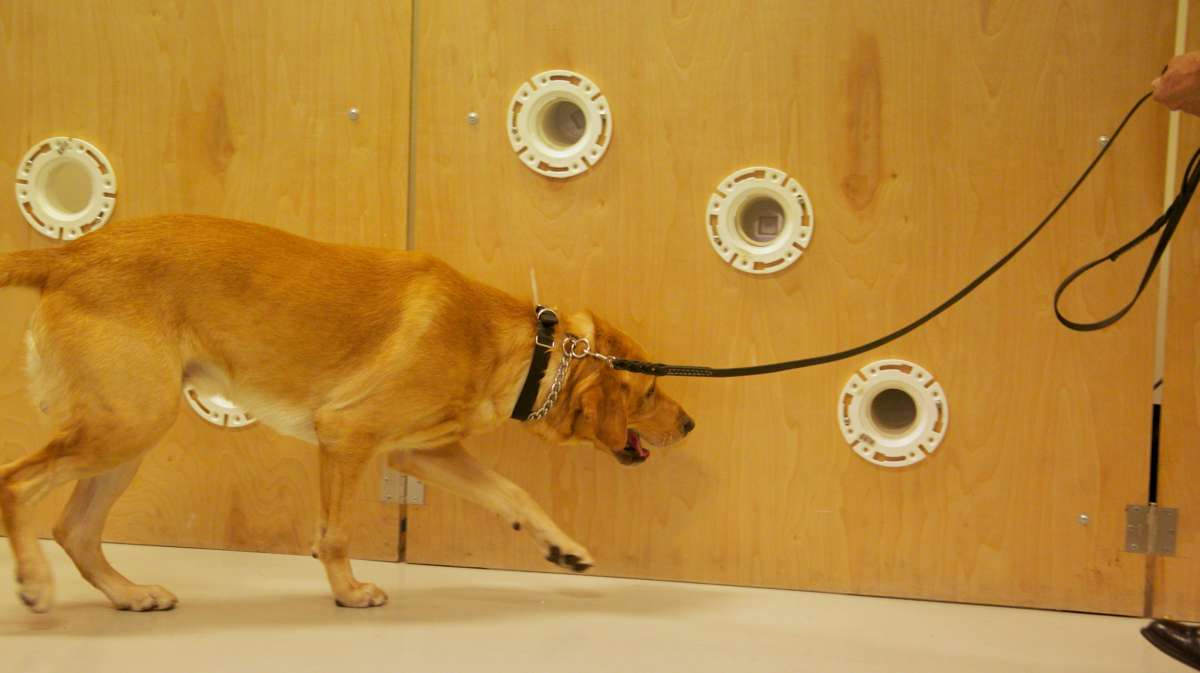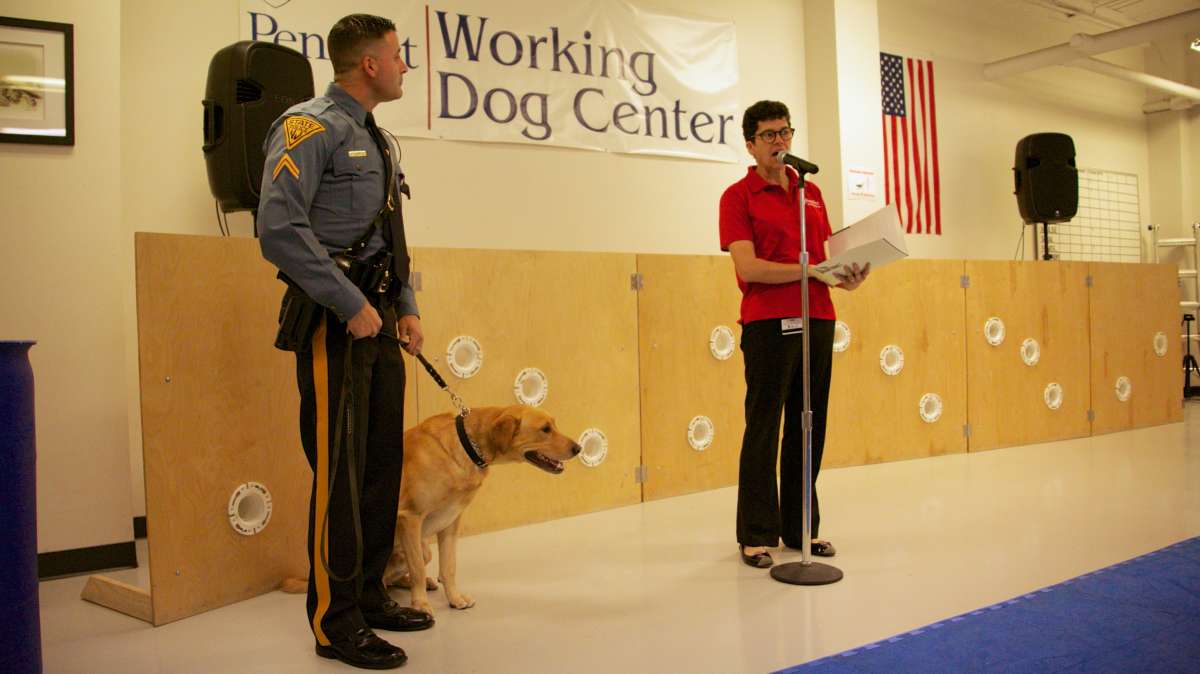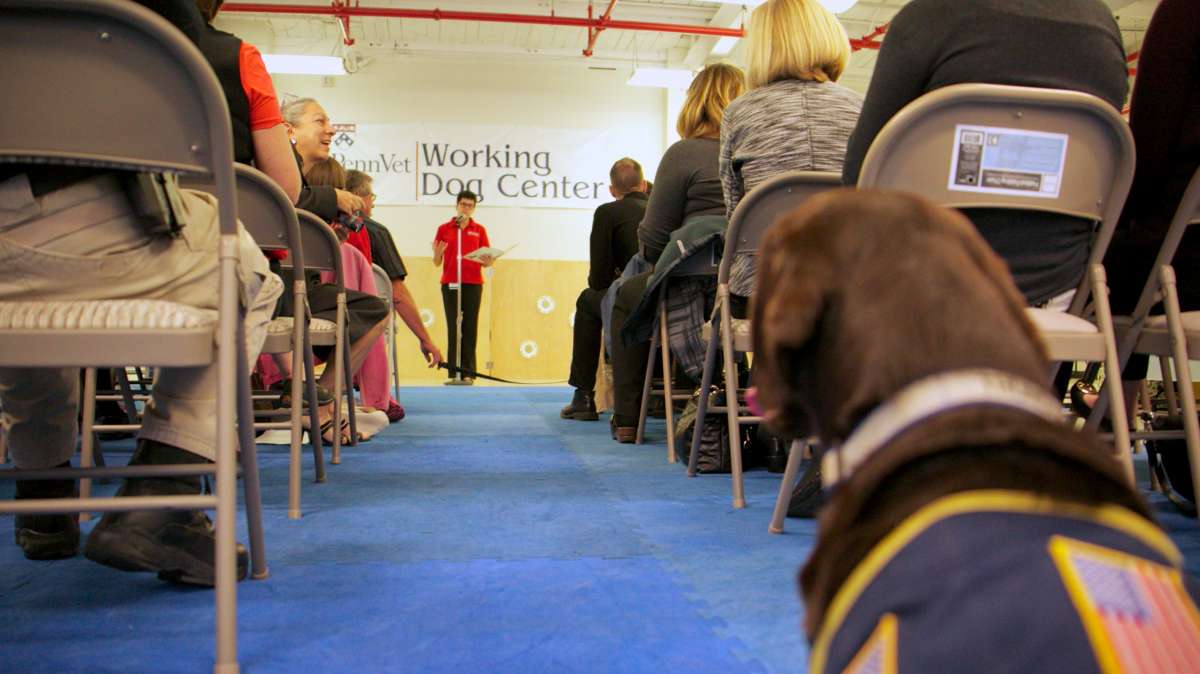Update: Rocket carrying NJ experiment explodes
UPDATE: An unmanned NASA rocket blew up on lift off Tuesday evening, taking with it an experiment put together by students at Ocean City (N.J.) High school.
Following is an earlier story about the experiment.
Budding astrobiologists at Ocean City High School in New Jersey got their first taste of the workplace reality Monday night when the rocket that was supposed to take their experiment into space got delayed.
“Oh my gosh, I couldn’t believe it,” said Ocean City High School senior Mercy Griffith, one of six students who worked on the project for a year.
“We were so upset,” added fellow senior Kaitland Wriggins, who also made the trip down to Virginia to witness the rocket launch. “It was like two minutes before it happened and then we heard there was a boat out there. We were just getting frustrated that the guy wouldn’t move.”
The 10-minute launch window had passed before the boat moved out of restricted waters.
The chance for students to conduct experiments in space is part of the Student Spaceflight Experiments Program offered through the National Center for Earth and Space Science Education, a nonprofit. This is their eighth mission to space and their sixth to the International Space Station (another scheduled mission was also recently announced).
Director and creator Jeff Goldstein said the program purposely mimics the system used by scientists to decide which projects should be greenlighted.
“All of their teams were formally competing just like professionals to make the case for why their designed experiment ought to be the one that flies for Ocean City,” he said.
The winning entry from looks specifically at how the bacteria E. coli attaches to surfaces in low gravity.
“Astronauts will be up in space for an extended period of time and we need to know how E. coli acts in space because we all have E. coli in our systems,” explained Griffith.
17 other teams from North America are joining Ocean City in investigating everything from whether composting is possible in space to how microgravity affects mosquito development.
The good news is that the students probably won’t have to wait too much longer before they see their experiments in space. The launch has been rescheduled for 6:22 p.m. Tuesday evening.
WHYY is your source for fact-based, in-depth journalism and information. As a nonprofit organization, we rely on financial support from readers like you. Please give today.


